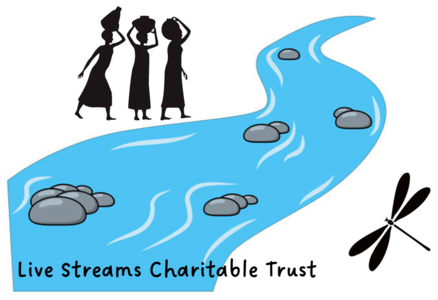We are pleased to announce that a grant has been made to the Nelson Mandela African Institution of Science & Technology in Tanzania (NM-AIST). The grant will fund a survey of intermittent rivers and ephemeral streams (IRES) in the Lake Manyara Basin in the north of the country. The aim of the survey is to identify and record the diversity of macroinvertebrates in these transient water systems and to support conservation education among local communities. Macroinvertebrates include organisms such as aquatic insects, molluscs and worms and they play a vital role in the ecology of streams.
IRES fulfil several key functions. They provide water for people and wildlife and help to shape the ecology and hydrology of landscapes. There is limited information about the biodiversity and ecology of IRES in tropical systems but it is known that they host unique flora and fauna. The survey will help to close the knowledge gaps in these ecosystems and identify issues for further research. It will also promote awareness among local people of the importance of IRES and seek to engage them in future conservation efforts.
The activities will be coordinated by Dr Grite Nelson Mwaijengo, a lecturer in eco-hydrology and water resources management. Aside from her strong technical expertise, Dr Mwaijengo is deeply committed to freshwater resources conservation, community management and the use of citizen science to address topical issues. The field and laboratory work will be managed by Emmanuel Julius a laboratory assistant at NM-AIST. Emmanuel has experience in water quality analysis, river health assessment and the identification of aquatic organisms. With mentoring support from Dr Mwaijengo, the work will provide him with an opportunity to strengthen his field skills.
